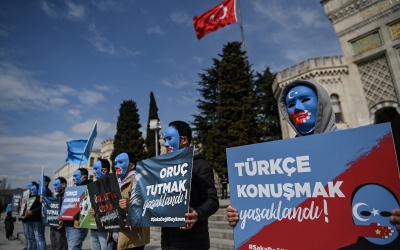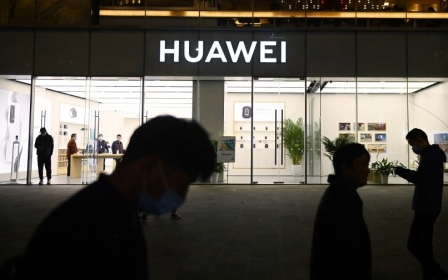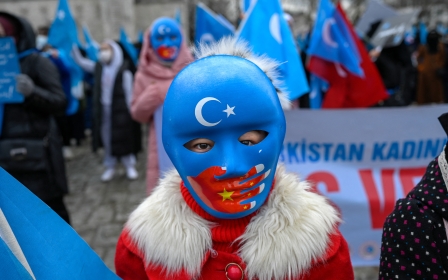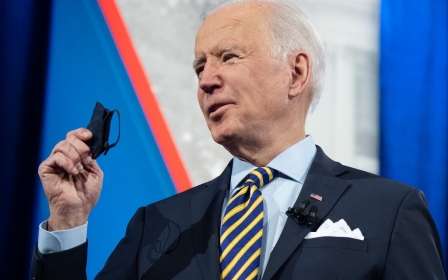Covid-19 vaccine: Turkey suggests Uighur issue damaged procurement from China

Turkey's health minister, Fahrettin Koca, has said that Turkish opposition efforts to condemn China over its treatment of the Uighurs might have "damaged" Ankara’s attempts to procure doses of the Sinovac Covid-19 vaccine.
Koca’s statement is his government's first veiled acknowledgement that the controversy over the Chinese government's treatment of the Turkic minority group may have had an impact on the supply of China's Sinovac vaccine to Turkish citizens.
“Those who ask today about the whereabouts of the Chinese vaccine have been trying to ruin our relationship with China in the past,” Koca said in a televised address on Wednesday night.
“I cannot say that they succeeded but they for sure damaged it.”
Even though China and Turkey have signed an agreement for 100 million doses of the Chinese vaccine, Koca confirmed last week that Beijing wasn’t delivering the promised second 50 million doses due to China’s prioritisation of internal vaccination.
New MEE newsletter: Jerusalem Dispatch
Sign up to get the latest insights and analysis on Israel-Palestine, alongside Turkey Unpacked and other MEE newsletters
The Turkish opposition condemned Koca’s remarks, which they believe downplay Beijing's treatment of its Uighur population as a small issue that can be brushed to one side.
The persecution of Uighurs in China has long been an issue for Turkish nationalists, as the majority-Muslim minority is ethnically and cultural Turkic, and speaks a variation of the same language.
“Uighur Turks have been targeted by a genuine genocide in China,” Meral Aksener, the leader of Turkish nationalist IYI Party said in televised remarks.
“Shame on you Mr Koca. Muslim Turkish women have been raped, subjected to a genocide and he pretends that this is a sensitive issue that we shouldn’t agitate.”
The 50,000-strong Uighur community in Turkey has raised fears that new shipments of the Chinese vaccine could end up being dependent on Turkey ratifying an extradition treaty approved in Beijing last year.
Turkey’s vaccine plan took off quickly earlier this year, putting Turkey among the top countries in that regard, however it also rapidly slowed down due to lack of further supplies and late deliveries.
The opposition blames the government for not securing enough vaccines from trusted producers. Koca, on the other hand, said that Turkey had 240 million doses of Sinovac, Pfizer, and Sputnik vaccine contracts, three times more than Turkey’s population.
Last month, Turkey summoned China's ambassador after his office denounced tweets by opposition leader Aksener and Ankara mayor Mansur Yavas commemorating a Uighur uprising in Xinjiang province that was repressed by China in 1990.
Aksener said Turkey would "not remain silent about their persecution and martyrdom", while Yavas said "we still feel the pain of the massacre".
China has repeatedly denied that it is carrying out abuses against its Uighur population, despite a 2018 Human Rights Watch report that detailed the "mass arbitrary detention, torture, forced political indoctrination, and mass surveillance of Xinjiang's Muslims."
Middle East Eye delivers independent and unrivalled coverage and analysis of the Middle East, North Africa and beyond. To learn more about republishing this content and the associated fees, please fill out this form. More about MEE can be found here.





